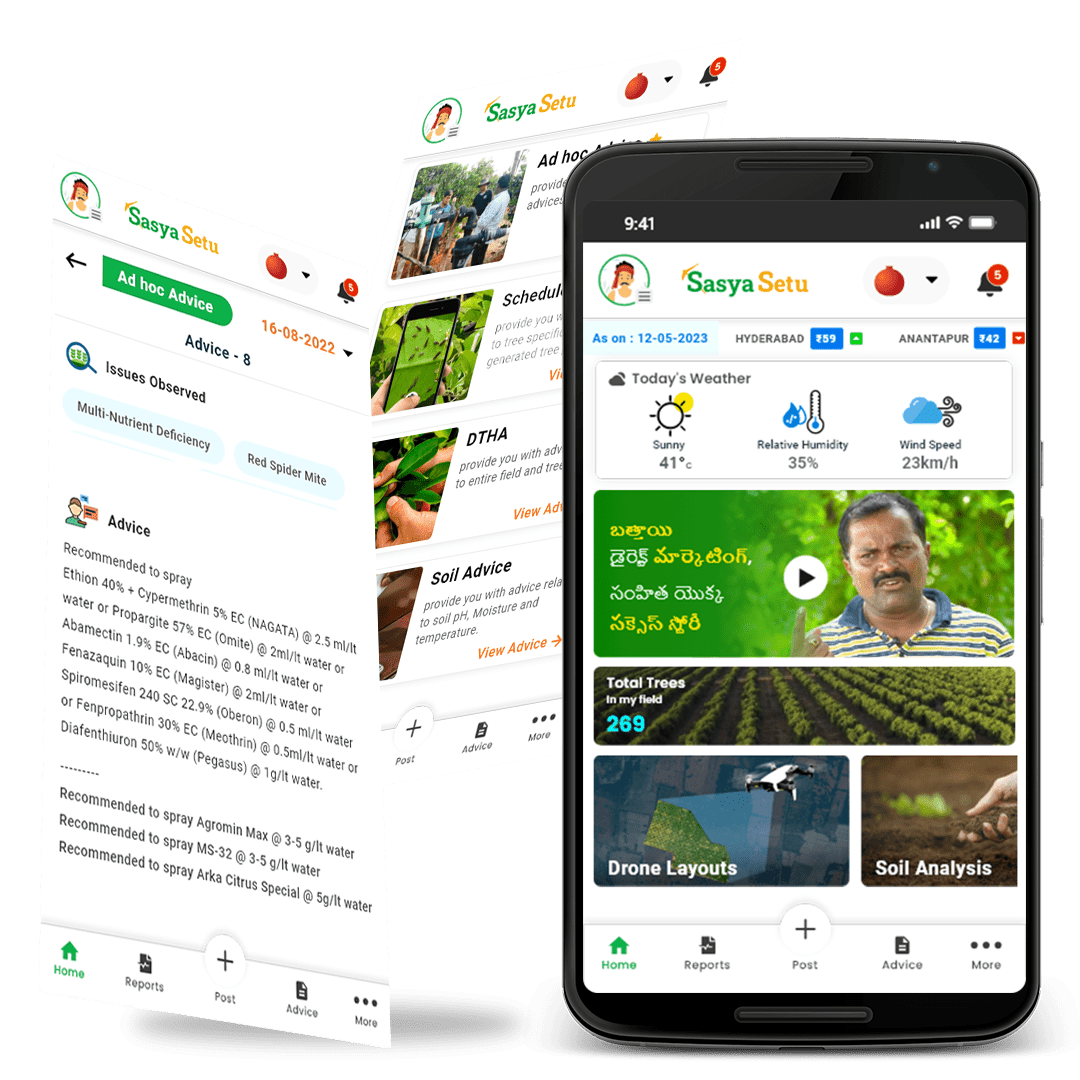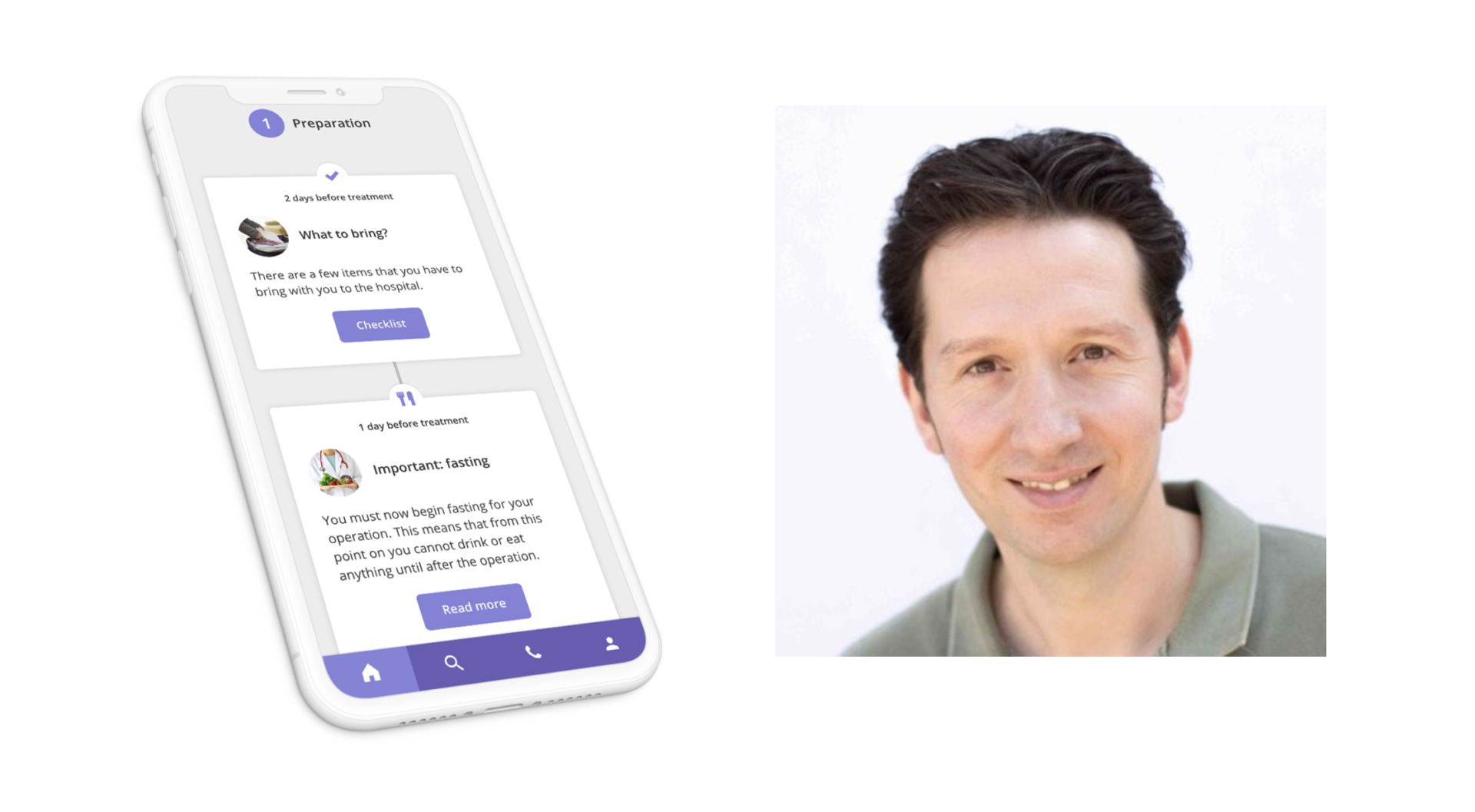Transforming Individual Care: The Advantages of a Mobile Application for Clinics
The integration of mobile applications within scientific settings represents a significant change in patient care dynamics, offering various benefits that extend beyond plain benefit. Enhanced patient communication, streamlined consultation administration, and boosted access to health care are just a few of the key benefits these electronic devices offer. By facilitating real-time communications and equipping clients to manage their health and wellness extra successfully, mobile apps can transform not just individual person experiences but additionally the more comprehensive healthcare landscape. Nonetheless, the effects of such adjustments increase vital inquiries regarding implementation, protection, and overall impact on care top quality.
Boosted Individual Communication
In today's hectic medical care atmosphere, enhanced patient communication is critical for cultivating strong patient-provider connections. A mobile application for centers acts as an innovative option to bridge interaction voids between health care companies and individuals. By enabling real-time communication, these applications help with timely exchanges of information, ensuring that clients really feel notified and participated in their treatment.
One of the foremost advantages of a mobile app is its capacity to give patients with immediate access to their health and wellness information. This includes laboratory outcomes, treatment strategies, and medicine timetables, which equips clients to take an energetic duty in their health care trip. Furthermore, safe and secure messaging functions permit direct interaction with medical care companies, reducing the need for in-person visits for non-urgent queries.
In addition, mobile apps can send automatic suggestions for medication adherence and upcoming appointments, decreasing missed possibilities for care. By cultivating an extra clear and receptive interaction network, facilities can boost patient satisfaction and construct trust fund. In conclusion, the integration of mobile communication tools stands for a considerable advancement in client engagement, ultimately bring about better health and wellness outcomes and a much more efficient medical care experience.
Streamlined Appointment Management
Reliable interaction in between patients and carriers lays the foundation for boosted functional effectiveness, specifically in visit management. A mobile application can substantially simplify this process by using customers an instinctive platform for scheduling, rescheduling, and terminating appointments effortlessly - mobile app for clinics. By incorporating real-time availability of health care suppliers, individuals can select time ports that ideal fit their schedules, thus minimizing no-show rates and optimizing clinic operations
Additionally, automated reminders sent via the app guarantee that individuals are well-informed concerning their future visits, lowering the possibility of missed out on sees. This feature not only enhances client adherence yet also permits centers to handle their sources extra effectively. The app can additionally incorporate a waiting list feature, allowing individuals to get notifications if an earlier appointment ends up being available, further optimizing center efficiency.
Additionally, central visit monitoring allows doctor to evaluate information on person participation patterns, enabling them to make informed decisions concerning staffing and resource allotment. Overall, a mobile application enhances consultation monitoring, promoting an extra well organized setting that benefits both people and healthcare companies, ultimately causing a much more effective healthcare distribution system.
Improved Access to Healthcare

Mobile apps allow individuals to publication appointments, access their medical records, and get crucial notifications-- all from the convenience of their smart devices. This ease of access is especially beneficial for individuals living in remote areas, who may have a hard time to get to medical facilities or clinics because of transport obstacles or lengthy distances. Patients can utilize telehealth attributes within the application, allowing for online examinations that eliminate the requirement for physical travel.
Furthermore, a mobile application can hold a riches of educational sources, equipping people to much better recognize their health and wellness problems and treatment options. This understanding fosters proactive interaction in their healthcare trip, leading to enhanced health and wellness end results.
Inevitably, by boosting accessibility to healthcare services through a devoted mobile app, centers can not only improve click here now patient fulfillment however additionally promote a more inclusive healthcare environment that meets the diverse needs of their person population.
Medicine Administration and Reminders
Handling medicines can be a daunting job for many clients, specifically those with persistent problems calling for several prescriptions. The complexity of handling different dosages, schedules, and prospective adverse effects can result in complication and non-compliance, inevitably influencing client wellness end results. A mobile application designed particularly for centers can resolve these difficulties successfully.
Such applications allow clients to track their medicine schedules, established reminders for dosages, and receive notifications for refills. By integrating medication monitoring functions, the app Resources can help individuals follow their prescribed regimens, substantially minimizing the risk of missed out on doses and drug errors. Additionally, the app can supply academic sources on medications, consisting of prospective negative effects and interactions, encouraging individuals to make educated choices regarding their treatment.
In addition, medical care suppliers can utilize the app to keep track of person adherence and deal with any type of worries proactively. This real-time communication promotes a collective technique to drug administration, boosting the overall top quality of treatment. Ultimately, the combination of medicine management and pointers with mobile applications not only simplifies the patient experience yet likewise adds to boosted wellness outcomes and individual satisfaction.
Equipping Individual Interaction
Enhancing individual interaction is important for cultivating a collaborative health care atmosphere where individuals take an active role in their therapy. A mobile app designed for facilities functions as an effective device to attain this purpose by supplying individuals with prompt access to their wellness info, academic sources, and communication networks with healthcare providers.
Via attributes such as appointment organizing, safe and secure messaging, and customized health pointers, patients can actively participate in their treatment journey. This access encourages people to manage their appointments, inquire concerning medications, and review problems directly with their medical care group. Moreover, instructional resources within the app can aid individuals recognize their problems much better and promote adherence to therapy strategies.
The app's capability to track health metrics and offer comments you can find out more promotes a feeling of ownership amongst patients, encouraging them to set and achieve personal health goals. This aggressive involvement not just enhances the client experience however additionally causes enhanced health outcomes, as involved clients are a lot more most likely to stick to therapy referrals and take part in preventative measures.
Conclusion
Finally, mobile applications for facilities substantially enhance patient care by improving communication, simplifying appointment monitoring, and assisting in access to health care solutions. These applications not just sustain drug administration and tips but likewise encourage patients to involve proactively in their wellness trip. As health care continues to advance, the integration of innovation with mobile apps stands for a critical development, cultivating much better health and wellness outcomes and raised client complete satisfaction within the healthcare system.
By promoting real-time communications and equipping patients to manage their health much more successfully, mobile applications can change not just individual patient experiences but likewise the wider healthcare landscape. A mobile app for clinics serves as a cutting-edge remedy to bridge communication voids in between health care companies and individuals.Additionally, health care providers can use the application to keep track of client adherence and resolve any issues proactively. Ultimately, the combination of medicine administration and reminders through mobile applications not only enhances the person experience yet additionally contributes to enhanced wellness end results and person satisfaction.
